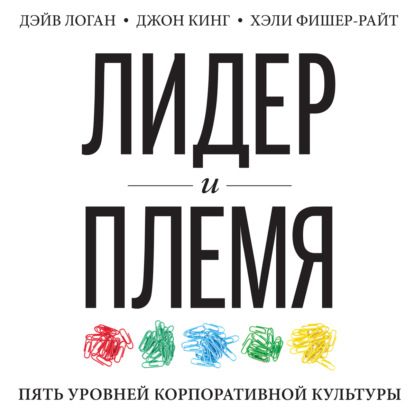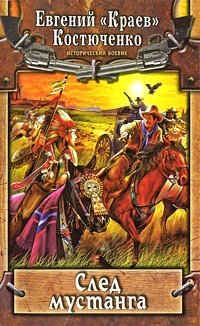This book focuses on the formative period in pastoral-sedentary relations, the late second and early first millennium BCE, on today"s northern borders of China. This area - known as the Northern Zone - emerged as a crucial arena for interactions among sedentary, semi-sedentary, and nomadic people during a decisive period in which the region"s unique economic adaptations, socio-political systems, local cultures and identities took shape. It is also during this period that the real and symbolic chasm between the "Chinese" (or Zhou) states and their northern neighbors emerged, and when conscious attempts were made to define a broader, ethnic-like identity vis-a-vis the "other" way of life. Based on archaeological field work in the Chifeng area of Inner Mongolia and on data carefully collected from Chinese archaeological publications, as well as on anthropologically-derived theories and rigorous analytical methods, the book challenges common perceptions which were based mainly on the Chinese historical records. It demonstrates that while changes in aspects of daily life, such as subsistence strategies and political organization, were gradual; a much more dramatic change occurred in the style and quantity of symbolic expression. This suggests that the construction of identities - local and regional- was not merely the end result of the process but rather was, from the beginning, an important catalyst of change.The book brings more comprehensive and nuance understanding to the archaeology and history of East Asia. By focusing on issues of identity, its construction, manipulation and materialization in symbols and artifacts, it also brings new theoretical and methodological innovations to a topic which has a relatively long history in anthropology but which has only recently been seriously addressed by archaeologists. Это и многое другое вы найдете в книге Prehistoric Societies on the Northern Frontiers of China: Archaeological Perspectives on Identity Formation and Economic Change during the First Millennium ... (Approaches to Anthropological (Gideon Shelach)
Prehistoric Societies on the Northern Frontiers of China: Archaeological Perspectives on Identity Formation and Economic Change during the First Millennium ... (Approaches to Anthropological Gideon Shelach (книга)
Подробная информация о книге «Prehistoric Societies on the Northern Frontiers of China: Archaeological Perspectives on Identity Formation and Economic Change during the First Millennium ... (Approaches to Anthropological Gideon Shelach». Сайт не предоставляет возможности читать онлайн или скачать бесплатно книгу «Prehistoric Societies on the Northern Frontiers of China: Archaeological Perspectives on Identity Formation and Economic Change during the First Millennium ... (Approaches to Anthropological Gideon Shelach»















